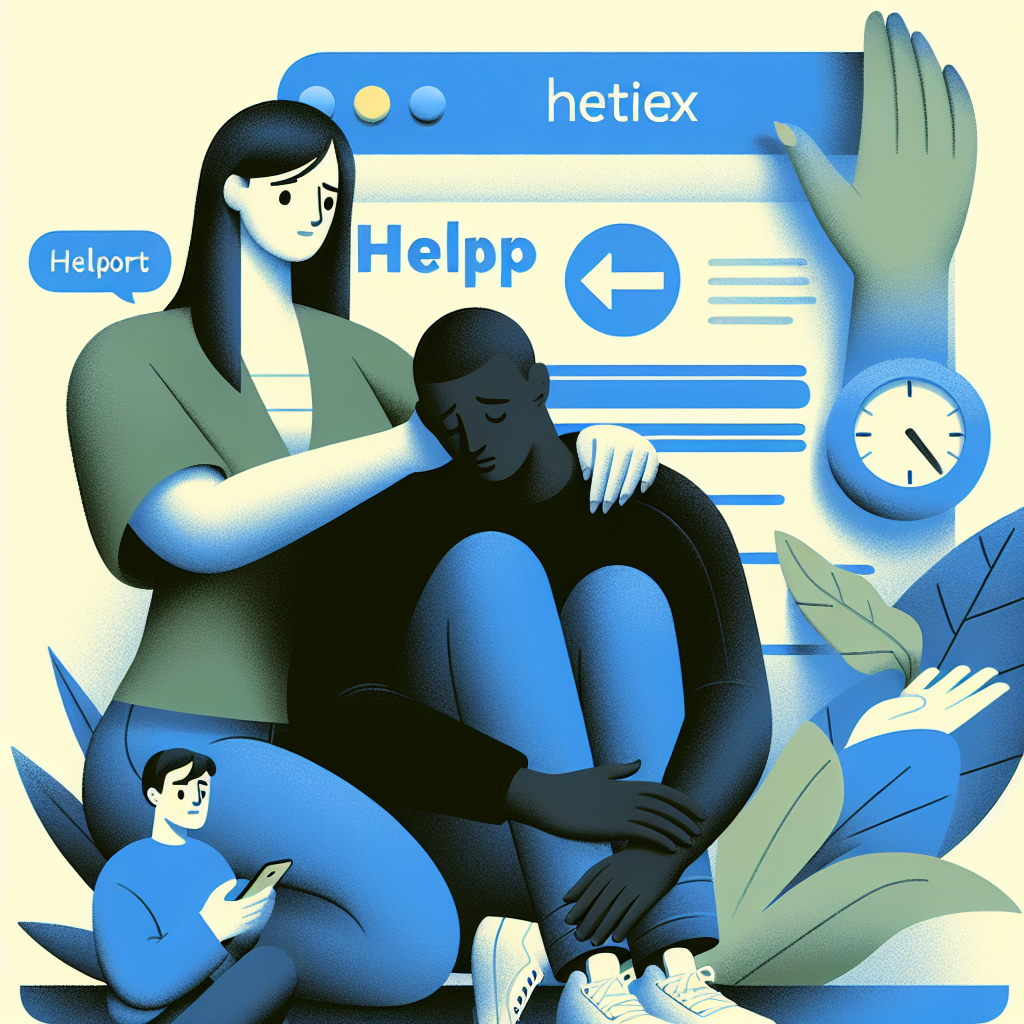If you’ve ever asked yourself how can you help someone with anxiety, you’re not alone. Anxiety can be confusing for friends and family who want to provide meaningful support without making things worse. This article offers clear, empathic strategies you can apply now — practical communication tips, immediate coping tools, and when to encourage professional help.
How to help someone with anxiety: start with presence and listening
First, prioritize being present. A calm, nonjudgmental listener can reduce a person’s stress more than you might expect. When someone is struggling, ask gentle questions and give them space to describe what’s happening. If you’re wondering how do you help someone with anxiety disorder, remember that validation—saying you believe their experience is real—goes a long way.
What to say and what to avoid
Learning what to tell someone with anxiety matters. Use phrases like “I’m here with you” or “That sounds really hard” instead of minimizers like “Just calm down” or “It’s all in your head.” If they want advice, offer it briefly; otherwise focus on listening and reflecting feelings back to them.
Practical steps to help in the moment
When someone is having a heightened anxious episode, tangible tools can help them regain a sense of control. If you’re considering how to deal with someone with anxiety in the immediate term, try these approaches:
- Encourage slow, steady breathing—counting breaths together can be grounding.
- Offer to change the environment—move to a quieter, less stimulating space.
- Use simple grounding techniques like naming five things they can see, four they can touch, three they can hear.
- Ask if they’d like physical reassurance (a hand to hold, a hug) only if you know it’s welcome.
For physical symptoms like tremors or shaking, share resources that explain coping strategies—this can normalize the symptom and provide concrete options. For example, guidance on how to stop shaking from anxiety can be a helpful reference when tremors occur.
Supporting recovery and long-term coping
When thinking about how to help someone suffering from anxiety over time, encourage routines that build resilience: regular sleep, balanced nutrition, gentle exercise, and limiting stimulants like caffeine. Help them plan small, achievable steps toward goals—breaking tasks into bite-sized pieces reduces overwhelm.
Encouraging professional help
If symptoms persist or interfere with daily life, discuss professional options compassionately. When you wonder how to help someone who is anxious in a more formal way, suggest they speak with a primary care provider, therapist, or psychiatrist. Offer to help find providers, attend appointments, or assist with scheduling.
For reliable information about anxiety disorders and treatment options, see the NIMH overview of anxiety disorders.
How to create a supportive environment
Simple changes at home, work, or in social settings can make a big difference. Reduce unnecessary pressures, check in regularly, and respect boundaries. Be consistent—predictability and steady support build trust over time. If you’re asking how to help someone with anxiety in a relationship, communicate openly about what they find helpful and what feels intrusive.
- Validate feelings without trying to fix them immediately.
- Offer practical help (rides, childcare, task-sharing) to lower daily stress.
- Learn about their triggers and plan strategies together.
- Encourage positive routines and celebrate small wins.
De-escalation dos and don’ts
Do stay calm, listen, and ask how you can help. Don’t pressure them to “face” fears before they’re ready or make big decisions in the heat of anxiety. If safety is a concern—talks of self-harm or severe avoidance—seek immediate professional assistance.
FAQ
Q: How do you help someone with anxiety disorder when they refuse help?
A: Respect autonomy while expressing care. Offer support without coercion, provide information, and stay available. Sometimes consistent small gestures build trust that leads to acceptance of help.
Q: How to deal with someone with anxiety who seems to avoid social situations?
A: Gently encourage gradual exposure at their pace—start with low-stress, short outings. Offer to accompany them and celebrate progress. Avoid shaming or pressuring, which can reinforce avoidance.
Q: Can I help someone with anxiety if I don’t have a mental health background?
A: Yes. Compassionate listening, practical support, and helping connect them to professional care are powerful. Educate yourself about anxiety symptoms and coping skills so you can respond effectively.






